The 10 Biggest Tech M&A Deals Of 2021 (So Far)
Here’s a look at the biggest tech mergers and acquisitions that have been announced, completed or are still in the works in 2021 (so far).

The Big Get Bigger
The pandemic-induced economic upheaval of the last year hasn’t slowed the rate at which tech companies are negotiating and executing multi-billion-dollar mergers and acquisitions. If anything, judging by the price tags of some deals the pace may be picking up.
Blockbuster acquisitions have the potential to remake segments of the IT industry. The combination of two or more companies can create a dominant powerhouse in, say, microprocessors or cloud applications. Acquiring companies can gain an infusion of technology or financial capital that gives them a competitive edge. Or, in the case of spin-offs and divestitures, it can help a company slim down and regain focus on its core competencies.
Here’s a look at the IT industry’s biggest acquisition, merger and spin-off deals in 2021 (so far). Some deals were announced last year (or even earlier) and have been completed this year. Others have been announced but are still working their way through regulatory and/or shareholder approvals before they can be wrapped up – possibly not until 2022.
While this list generally ranks the deals by their dollar value, we’ve also considered their industry impact. (While AT&T’s plans to spin off its WarnerMedia assets has a potential value of $43 billion on paper, for example, we’ve put that deal further down in our ranking.)
For more of the biggest startups, products and news stories of 2021 so far, click here .

10. AT&T, Verizon Sell Off Media Assets For Billions
Telecommunications giants AT&T and Verizon made blockbuster acquisitions in recent years with an eye toward expanding beyond their carrier businesses to become providers of digital content, media and advertising.
Verizon acquired AOL in 2015 for $4.4 billion and Yahoo in 2017 for $4.5 billion. The two were combined into a media business unit called “Oath,” later rebranded as Verizon Media.
AT&T bought Time Warner and its vast media properties in 2018 after a protracted battle against the U.S. Department of Justice, which tried to block the deal. AT&T ultimately won its case in court and completed the $85 billion acquisition in June 2018.
But the expansions into digital media and advertising didn’t bring the expected returns and this year the two telecommunications companies have taken multi-billion-dollar steps to undo those acquisitions.
On May 3, Verizon announced that it had sold its struggling media assets, including AOL and Yahoo, to private equity firm Apollo Global Management for $5 billion. Verizon retained a 10 percent stake in the media business, which is now called Yahoo.
Just two weeks later, on May 17, AT&T struck a deal to merge its WarnerMedia content unit with Discovery in a deal that essentially undid the $85 billion acquisition of Time Warner just three years earlier.
The AT&T-Discovery deal has a potential value of $43 billion for AT&T in cash, debt and WarnerMedia’s retention of certain debt. AT&T stockholders received stock representing 71 percent of the new company. The deal requires regulatory approval and is expected to be completed sometime around the middle of 2022.
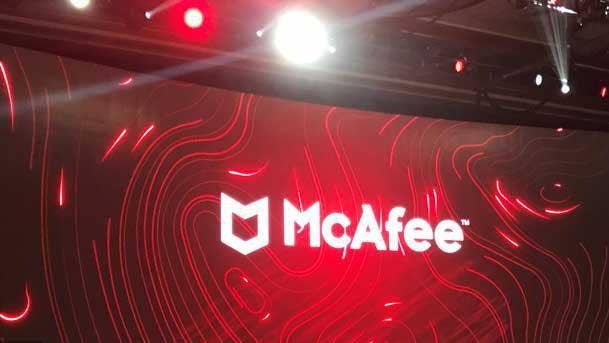
9. McAfee Enterprise Business To Be Sold To STG For $4B
Private equity firm Symphony Technology Group struck a deal in March to buy McAfee’s enterprise security business for $4.0 billion.
The deal, similar to Broadcom’s $10.7 billion acquisition of Symantec’s enterprise security business in 2019, will turn McAfee into a pure-play consumer cybersecurity company. McAfee’s enterprise business will be rebranded while the consumer business will continue to operate under the McAfee name.
McAfee, based in San Jose, Calif., just went public in late 2020 in a $740 million initial public offering that put the company’s value at $9.5 billion.
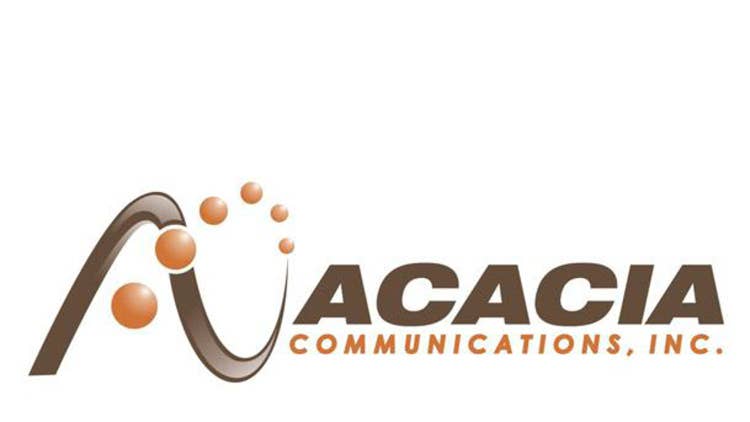
8. Cisco Ends Lengthy Battle For Acacia Communications With $4.5B Acquisition
Cisco Systems acquired Acacia Communications, a Maynard, Mass.-based developer of high-speed optical interconnect technology, on March 1 for $4.5 billion. The closing of the acquisition ended a lengthy, tumultuous pursuit of Acacia by Cisco.
The two companies announced an acquisition deal in July 2019 under which Cisco would pay $70 per share or about $2.6 billion for Acacia. But in January Acacia pulled the plug on the deal, saying Cisco failed to win approval from China’s antitrust authorities before the deal’s termination deadline. Cisco sued to enforce the deal and the two companies agreed on new acquisition terms in January with Cisco paying $115 per share, about $4.5 billion, for Acacia.
The acquisition ultimately won China’s regulatory approval and Acacia shareholders approved the deal.
Cisco said Acacia’s technology was key to its “internet of the future” strategy, providing software, silicon and optics technology that make networks smarter, simpler and more secure.
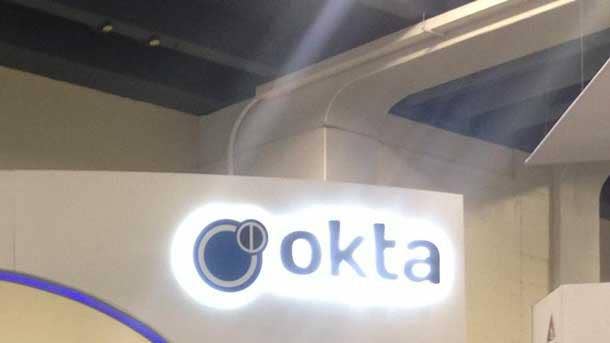
7. Okta Acquires Auth0 For $6.5 Billion
Okta acquired rising customer identity and access management star Auth0 in May for $6.5 billion.
Okta, headquartered in San Francisco, is itself a leading developer of identity and access management technology, acquired Auth0, of Bellevue, Wash., with the goal of expanding its portfolio to address a broader set of identity use cases in the $55 billion identity market – regardless of audience or user.
Auth0 will operate as an independent business unit within Okta with the two companies’ platforms integrated over time.
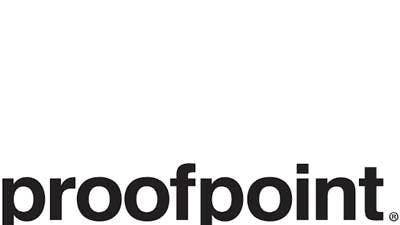
6. Proofpoint To Be Acquired By Thoma Bravo For $12.3 Billion
In what is believed to be the biggest cybersecurity acquisition deal ever, private equity giant Thoma Bravo agreed to buy email security powerhouse Proofpoint for $12.3 billion.
The value of the acquisition deal, announced in April and expected to be completed sometime in the third quarter of 2021, exceeds Broadcom’s $10.7 billion purchase of Symantec’s enterprise business, Intel’s $7.6 billion acquisition of McAfee and Okta’s $6.5 billion purchase of Auth0.
Proofpoint, based in Sunnyvale, Calif., said the acquisition will provide it with the flexibility and resources to continue investing in the development of its technology.
Proofpoint shareholders will receive $176 per share in cash under the terms of the acquisition, a 34 percent premium over the company’s April 23 closing price.
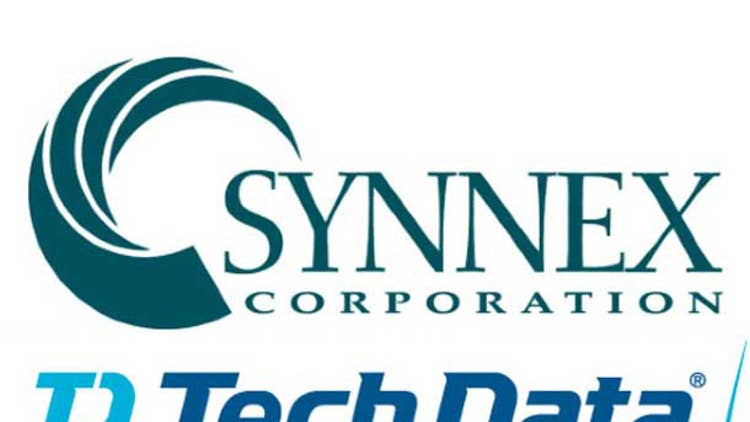
5. Synnex, Tech Data Merger To Create $57B Distribution Titan
In March, Tech Data and Synnex announced a $7.2 billion deal to merge and create the world’s largest IT distributor with annual sales of $57 billion, 150,000 customers and 22,000 employees.
Synnex shareholders approved the merger in June and the deal is expected to be completed by the end of this year.
Once the merger of publicly held Synnex and private equity owned Tech Data is completed the combined company will be larger than Ingram Micro, currently the IT industry’s largest distributor. Tech Data was itself just acquired by private equity firm Apollo Global Management in June 2020 for about $6 billion.
Tech Data CEO Rich Hume will lead the newly combined company while Synnex President and CEO Dennis Polk will be executive chairman of the company’s board.
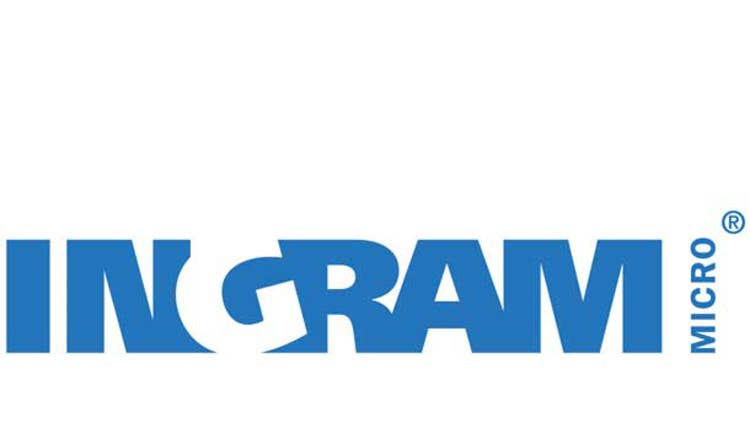
4. Ingram Micro Finalizes $7.2 Billion Acquisition By Platinum Equity, Unshackled From Chinese Ownership
IT distributor Ingram Micro was acquired on July 7 by private equity powerhouse Platinum Equity for $7.2 billion, ending four years of ownership by HNA Group, a massive Chinese conglomerate.
The deal for Platinum Equity to buy Irvine, Calif.-based Ingram Micro, first disclosed in December 2020, came a little more than five years after the Chinese company bought the distributor for about $6 billion in December 2016.
HNA’s purchase of Ingram Micro was part of a heavily leveraged acquisition binge that hobbled the conglomerate’s growth, forcing it to sell off some property to make its debt payments. Reports began surfacing as far back as December 2018 that HNA was looking to sell Ingram Micro.
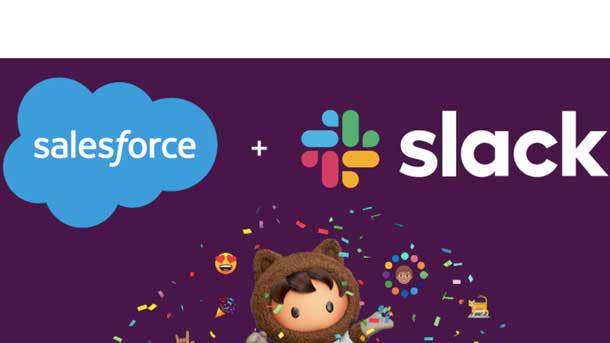
3. Salesforce Closes $27.7B Slack Acquisition, Prepares For Microsoft Teams Battle
Salesforce wrapped up its $27.7 billion acquisition of collaboration vendor Slack on July 21, putting the cloud application giant on a competitive collision course with rival Microsoft and its Teams software.
Salesforce originally confirmed the Slack acquisition deal, the largest in the company’s history, in December 2020. Slack will become an operating unit of Salesforce led by current Slack CEO Stewart Butterfield and his management team.
At the time of the acquisition deal announcement Salesforce CEO Marc Benioff said the plan is to make the Slack collaboration application the front end “engagement layer” for the entire Salesforce cloud application portfolio – the Salesforce Customer 360 platform.
The two companies are headquartered about one block apart in San Francisco.
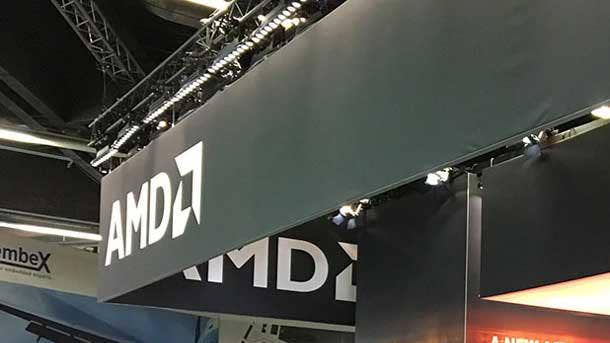
2. AMD Closes In On $35 Billion Acquisition Of Xilinx
In October 2020 chipmaker AMD struck a deal to buy FPGA maker Xilinx for $35 billion in an all-stock deal.
So far, the deal appears to be on track for completion by the end of this year. The acquisition was approved by the U.K.’s Competition and Markets Authority on June 29 and the European Commission on June 30. U.S. regulators previously gave their stamp of approval for the deal, leaving just approval from Chinese regulators standing in the way.
With the acquisition AMD, which is primarily in the business of selling CPUs and GPUs, will expand its product portfolio to include reprogrammable chips called field-programmable gate arrays or FPGAs that work in a range of telecom, network, edge and industrial devices.
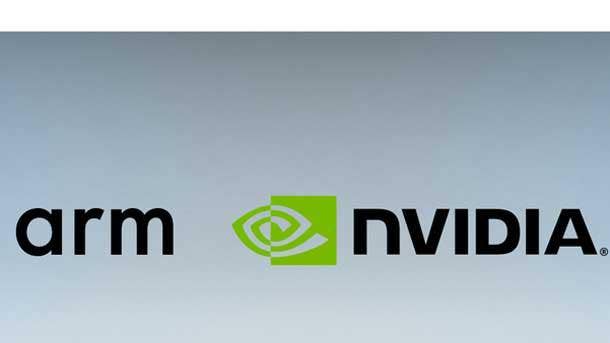
1. Nvidia-Arm $40 Billion Acquisition Deal Faces Tough Scrutiny
In September 2020, GPU powerhouse Nvidia stunned the IT industry when it announced a deal to acquire British chip designer Arm in a $40 billion blockbuster deal that has the potential to remake the semiconductor market. The announcement confirmed rumors swirling for months that Arm owner SoftBank Group (which acquired Arm in 2016 for $32 billion) had been exploring a sale.
Nvidia put the timetable for completing the acquisition at around 18 months or sometime in early 2022.
But this year the deal has come under fire from chipmaker Qualcomm, IT giants Microsoft and Google, and U.K. regulators – the latter saying they might intervene on national security grounds.
European Commission regulators haven’t reviewed the acquisition deal yet while the U.S. Federal Trade Commission has opened its own investigation and asked Nvidia, SoftBank and Arm to provide more information.
It’s unlikely this acquisition will be a done deal in 2021. More likely we’ll see more scrutiny – and possibly more opposition – this year.